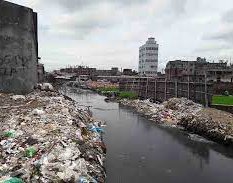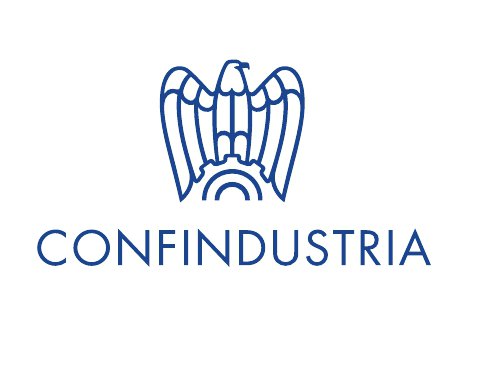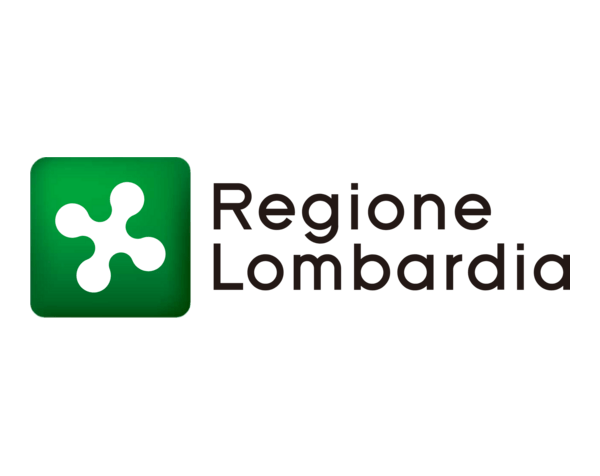The Ministry of Industries (MoI) should place a budgetary proposal for the fiscal year (FY) 2023-24 to help the country's tanneries to be eligible for the Leather Working Group (LWG) certification, said lead researcher of a study on cost-benefit analysis of getting the LWG certification on Wednesday. [MoI should place budgetary bid to help tanneries - thefinancialexpress.com.bd]
The research - 'Investment in ESQ compliance to be LWG certified: Costs, benefits and way forwards for Bangladeshi tannery industry' - noted that a tannery would require funding from US$67,401 to $87,226 in 10 years, depending on the level of compliance it has.
The cost is for the factories which work from raw goods to finished products and export around 400,000 square-feet of leather, the study outcome noted.
The researchers and industry experts said except a few large ones, most of the factories would not be able to invest this amount of money without the government's fiscal assistance.
They said Bangladeshi tanneries require global certifications, including that of the LWG, for increasing export of leather and leather goods.
Of the country's around 150 tanneries, only four are LWG-certified, while India has 139 such units, China 103, and Vietnam 14.
Apex Footwear Limited is the only entity that obtained LWG Gold certification. Three other factories have been audited and received bronze certification.
"The government can restructure its existing monetary support strategy and develop an outcome-oriented support scheme, where the tanneries will get access to support only if they get LWG certification," said CPD Research Director Dr. Khondaker Golam Moazzem, lead researcher of the study.
Researchers and industry stakeholders visited India last year to see the country's preparation for and management of the LWG certification.
The purpose of the visit was to see the best practices needed for the certification, CETP, solid waste management, waste recycling, tanning technologies, research and development, and trade promotion, said Asia Foundation that undertook the project, while CPD conducted the study.
The Asia Foundation organised a public-private dialogue at a city hotel to disseminate the study results.
LWG is mainly an environmental audit protocol, covering key elements of leather manufacturing, including traceability, social responsibility, health safety, and chemical management.
The latest issue of LWG has a total of 17 indicators, most of which are related to environment. Of the total 1,710 scores of LWG, the score of environmental-related compliance is 1,260.
Presenting the research outcomes, Dr. Moazzem said getting LWG certification is not that much difficult, especially for the audited units.
"Most of the factories may obtain LWG certification with low investments and little government supports," he added.
The study recommended that the Bangladesh Small and Cottage Industries Corporation (BSCIC) could consider establishing ozonation treatment unit, while it should immediately complete all remaining work of the CETP in the tannery estate in Savar.
However, as the technology cannot significantly reduce the total dissolved solids (TDS) from the effluent, the Department of Environment (DoE) can consider remaining flexible for 2-4 years regarding allowing TDS limit to around 5,000 level.
"This would enable the tanneries to at least comply with the LWG audit category requirement."
The research recommendations said the government could consider establishing pre-treatment unit in CETP.
"If space becomes an area of concern, the government can go for establishment of "bar screening chamber" and "filter press" as part of the pre-treatment unit."
The study suggested that the government can consider temporarily making it mandatory for the local industry to source at least 1-2 per cent of their raw materials from the CETP sludge of the tannery industry - as it is in India.
It said the government should also provide adequate monetary and technological supports to the small industries (such as units producing leather board, glue, etc) that can use the components of tanneries' solid waste as their raw materials.
The research said Bangladesh can consider providing permission to the tanneries that want to build individual ETP, particularly those which would agree to continue paying for CETP even after building own ETP.
The BSCIC should provide adequate authority to the management company to undertake necessary reforms in Hemayetpur.
It opined that owners of individual tanneries need to have the mindset for being LWG-certified.
Bangladesh Tannery Association (BTA) Chairman Shaheen Ahamed said the study will help Bangladeshi tanneries to get the LWG certification.
Bangladesh Finished Leather, Leathergoods and Footwear Exporters' Association (BFLLFEA) Chairman Mohiuddin Ahmed Mahin said around 35 per cent of the factories has capacity to invest for the LWG certification.
The government must help the rest 65 per cent to be eligible for the certification, he added.
Asia Foundation Country Representative Kazi Faisal Bin Seraj delivered opening speech at the dialogue, while Savar Tannery Estate Managing Director Mustak Ahmed also spoke on the occasion, among others.



